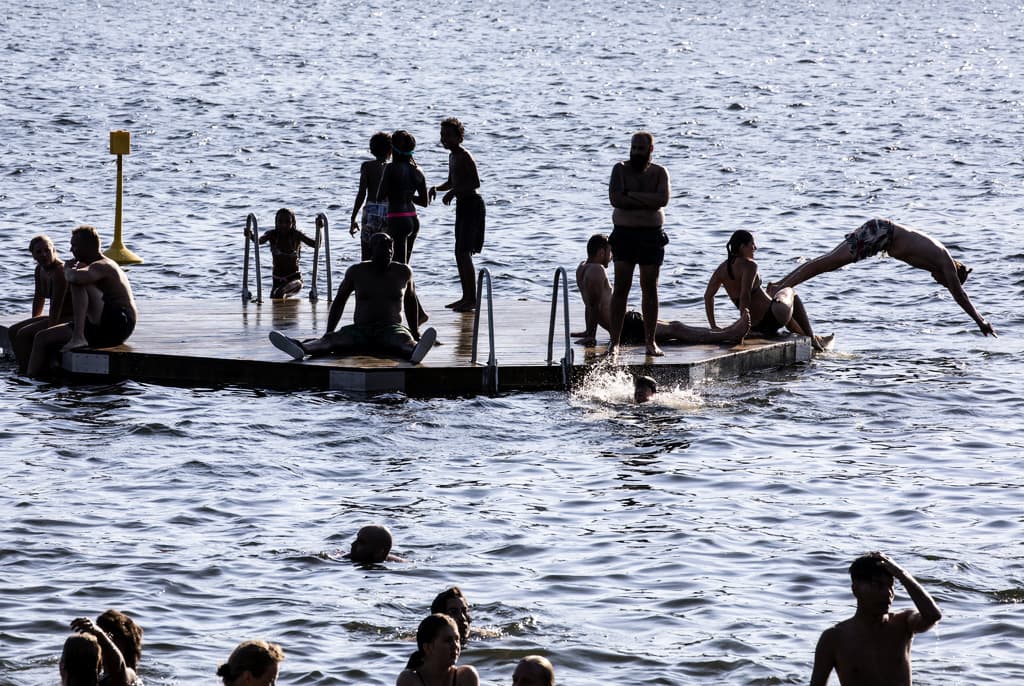With the bathing season in full swing, we happily throw ourselves into lakes and seas. Now, the industry organization Svenskt vatten is warning about high levels of p-pill residues and environmentally hazardous pharmaceutical chemicals in the water.
Since humans spend so little time in the water, the levels should not be harmful to us, according to Svenskt vatten. But for fish, it's worse. They can, among other things, be affected by infertility.
A substance that has been traced in Swedish bathing water is the hormone ethinylestradiol (EE2), which is found in several p-pills. It only takes low concentrations of this substance for fish to become infertile.
It's the stationary fish that get a dose all the time and thus risk becoming infertile, says Anders Finnson, EU expert at Svenskt vatten.
Another substance that has been traced in excessively high levels in Swedish water is the anti-inflammatory drug diclofenac. Excessively high levels risk leading to the destruction of fish kidneys and gills. The anti-inflammatory Voltaren contains diclofenac. A small tube of Voltaren is enough to exceed the limit value for diclofenac in a volume of seawater equivalent to 60 25-meter swimming pools.
However, awareness of pharmaceutical residues has increased, according to Svenskt vatten. At the European level, these issues have been prioritized and the EU has drawn up a list of nine pharmaceutical substances that negatively affect the water environment.






